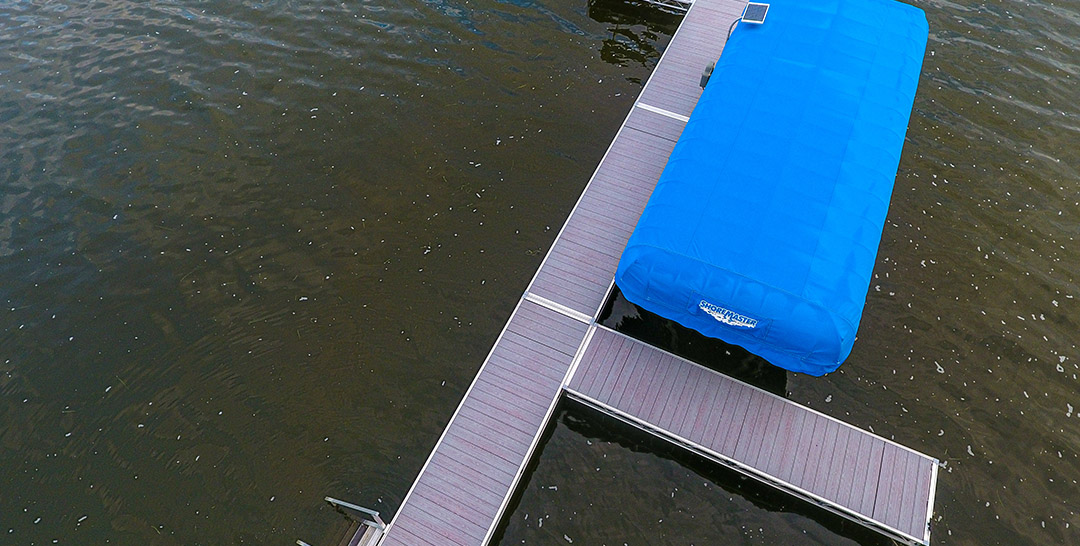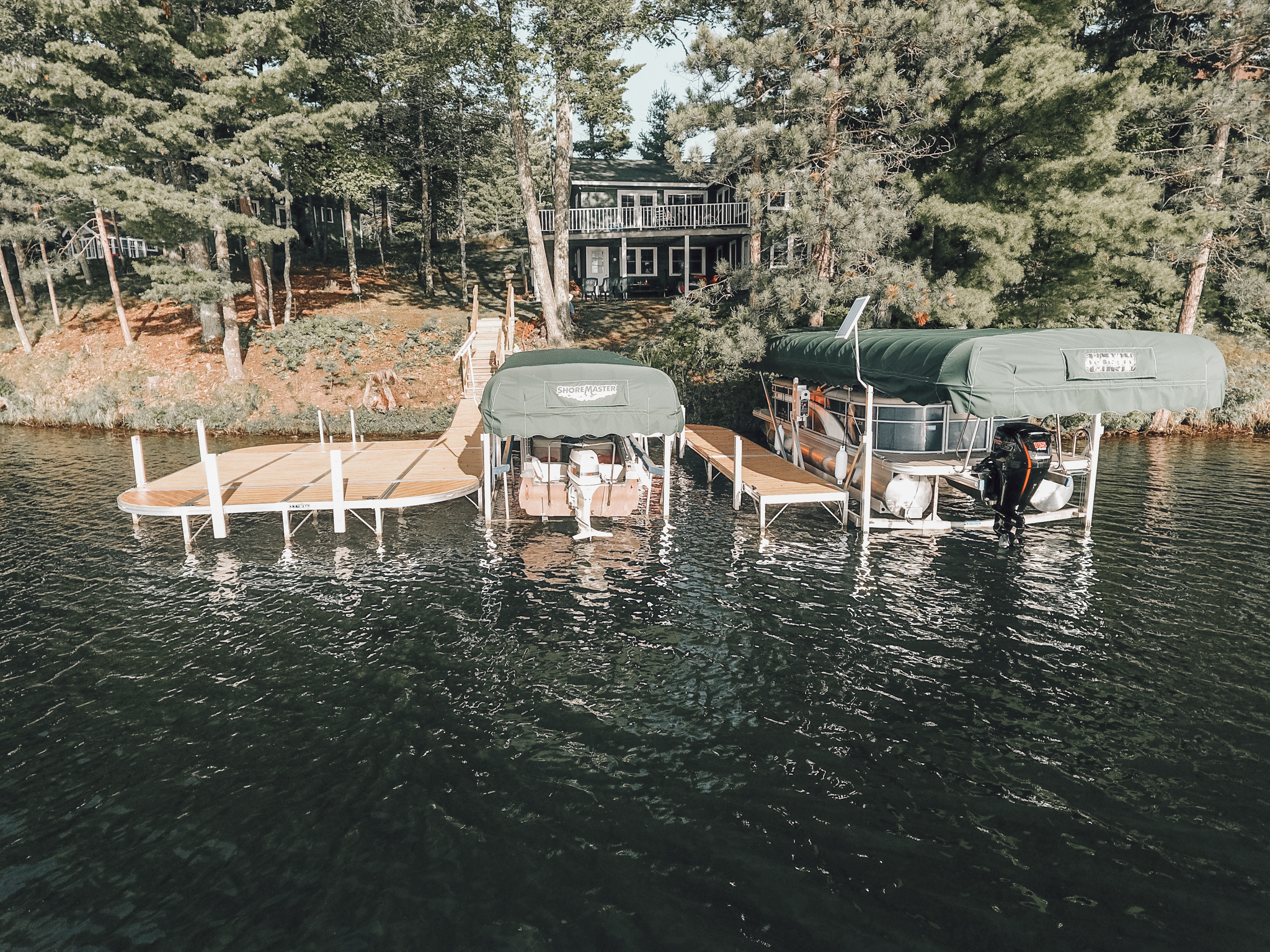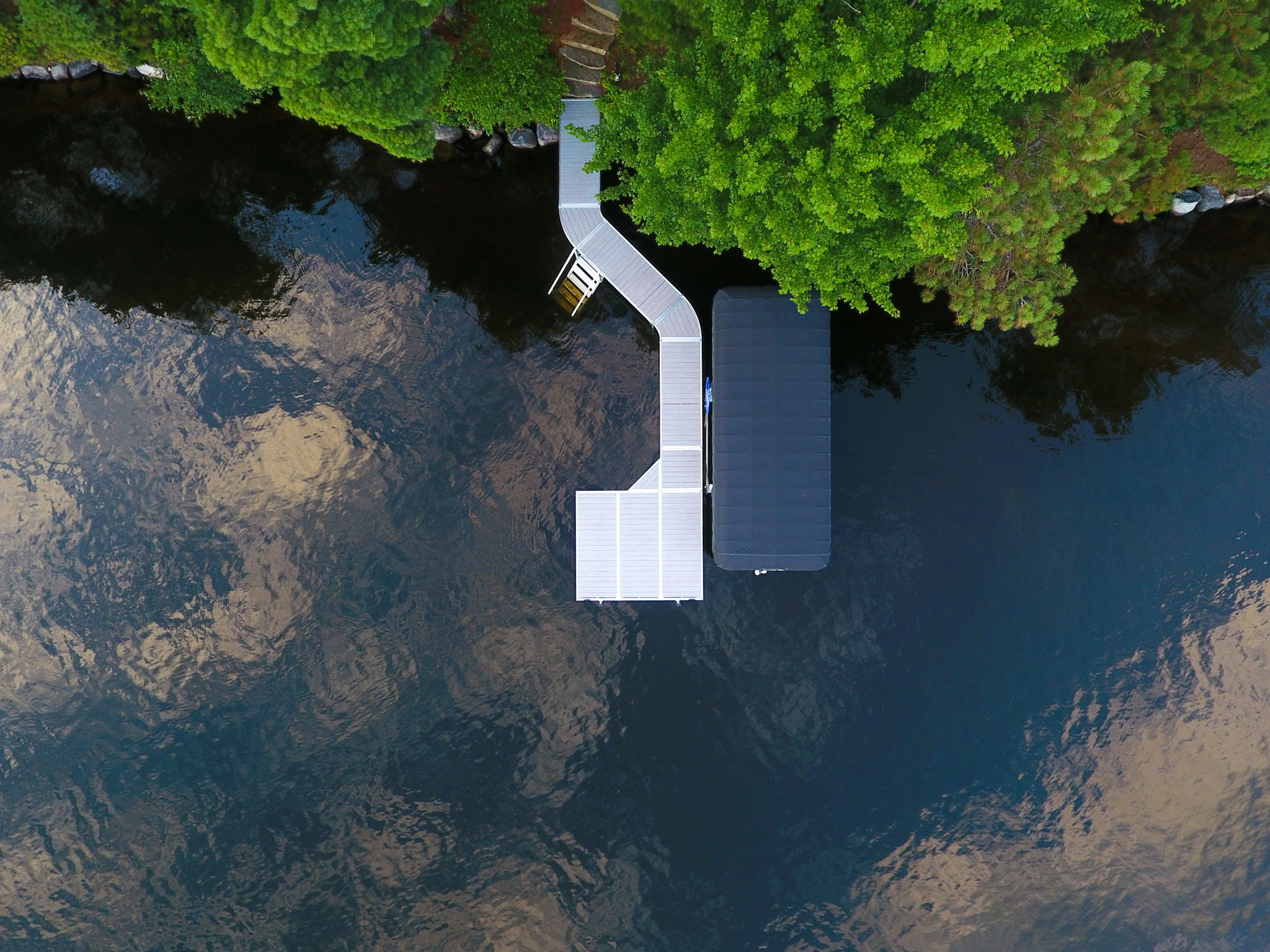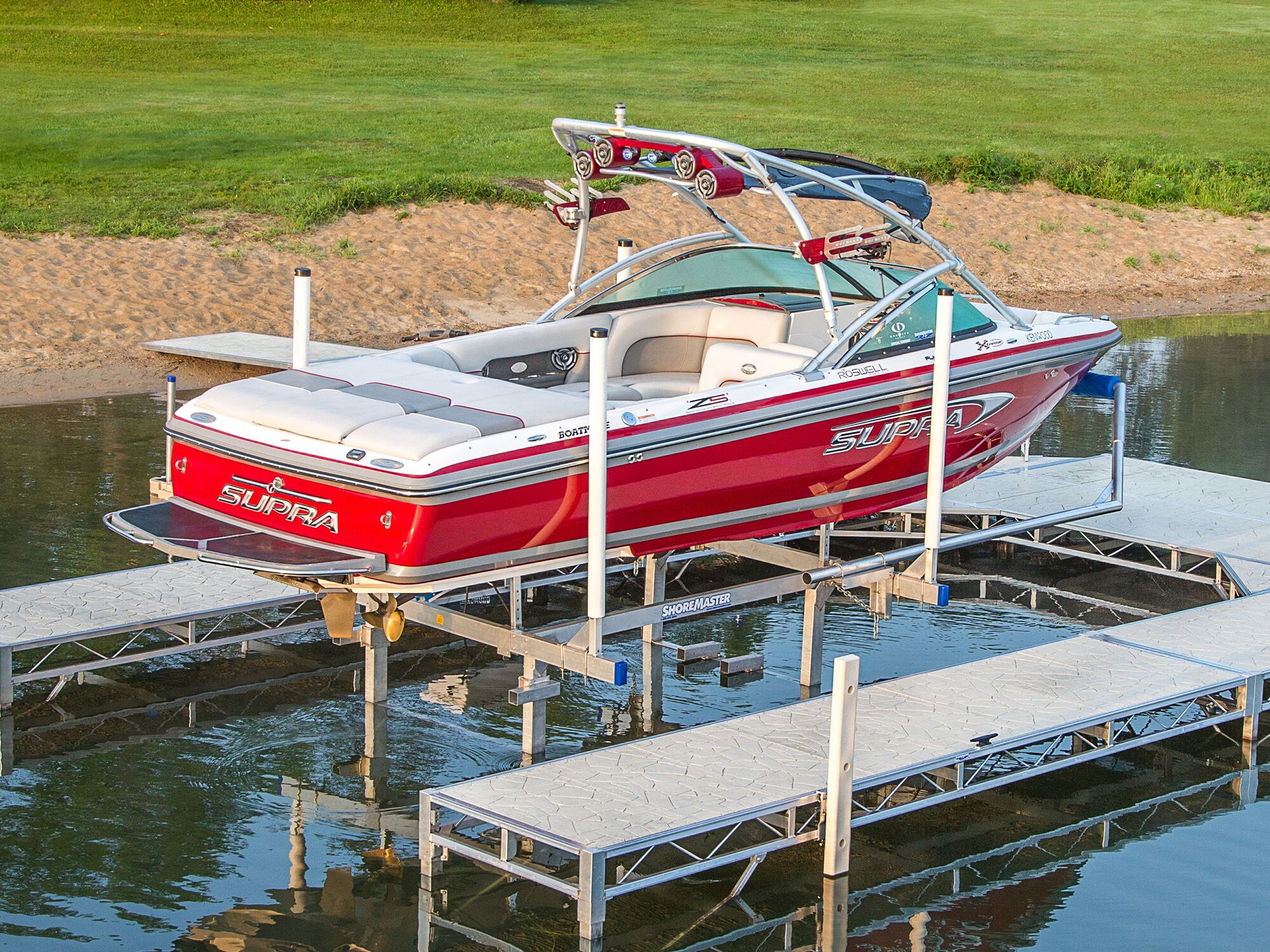Posted on December 17, 2020
Clean Boating Guide
Written by ShoreMaster Marketing
For many boaters, one of the biggest appeals is getting away from day to day life to enjoy and connect with nature, whether that means taking in the scenery, fishing, or watching wildlife. This is why everyone must do what we can to keep the waterways healthy to keep enjoying nature’s beauty for years to come. BoatUS Foundation recommends looking into ways to go green while boating to keep the water healthy.

Proper Fueling
Refueling a boat needs to be done carefully to keep oil and gas out of the waterways. It’s illegal to discharge petroleum products into United States waters. Any spill that leaves a sheen on the water must be reported to the U.S. Coast Guard National Response Center (and possibly your state authorities—check your local laws). It’s also against the law to use chemicals to disperse a spill: these will generally cause the petroleum to sink and permanently damage the bottom sediments.
Sewage Treatment
We know no one wants to think about sewage, but it’s an essential part of human and waterway health and safety. It’s illegal to discharge untreated wastewater on inland waters, within three miles of shore, or in No Discharge Zones (NDZ). Use onshore facilities whenever you can, look up where NDZs are, and only dispose of human waste in porta-potties, composting heads, or an installed toilet with a legally required marine sanitation device.
Waste Management
For all other waste, recycle what you can and properly dispose of what you can’t. In addition to paper, metal, and glass, many marine products can be recycled to reduce the amount of waste going into landfills. Any hazardous materials should be disposed of properly. Make sure nothing goes overboard, and provide waste and recycling containers on your boat and aluminum boat dock. Keep everything tied down when you’re moving on the water or the highway. Participating in a cleanup event accessible only by boat can also be a rewarding day of protecting the water.
Boat Maintenance and Cleaning
Prepare a comprehensive boat maintenance checklist. Tasks such as changing the engine oil and checking your fluid levels keep your boat running smoothly and less likely to pollute. However, check for leaks from steering cables, drips from your oil changes, or fuel from leaky fittings even on well-maintained engines: all of these can find their way into the bilge. Change engine oil and other fluids carefully and dispose of used filters, oil, absorbent pads, and rags properly. Keep your boat clean, but avoid soaps and harsh cleaners if you can help it, and save heavy-duty pressure washing for designated wash-down areas.
Sustaining Your Local Ecosystem
Selective harvesting is key to responsible angling: keep only what you plan to eat and release the rest. Use tackle that’s safer for catch and release and heavy enough to land a fish quickly. Handle fish carefully and return them to the water soon but adequately. Clean visible mud, plants, fish, and animals off your equipment, and after washing, give your boat several days to dry completely. Dispose of unwanted bait, fish parts, worms, and packing materials in the trash instead of in the water.
Enjoy the Water with ShoreMaster
A little bit of work goes a long way toward keeping the water beautiful for future generations of boaters. ShoreMaster has been on the water for decades, and we plan on being here for many more seasons to enjoy everything nature has to offer. We can provide boat dock accessories, installation help, and advice specific to your waterfront. Contact a local ShoreMaster dealer for more information.



